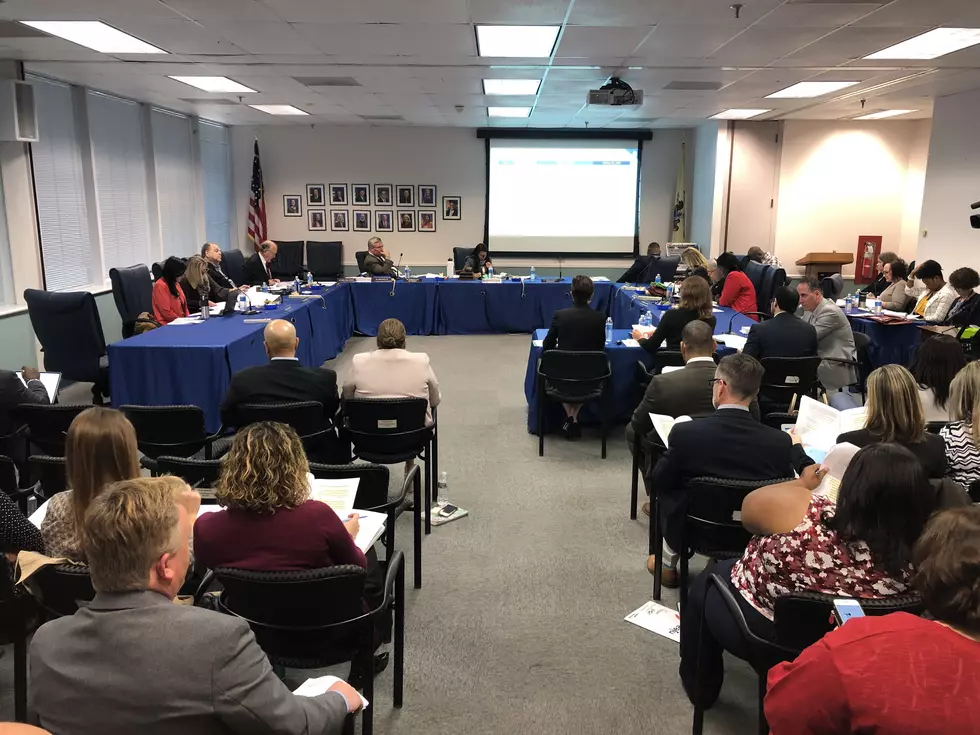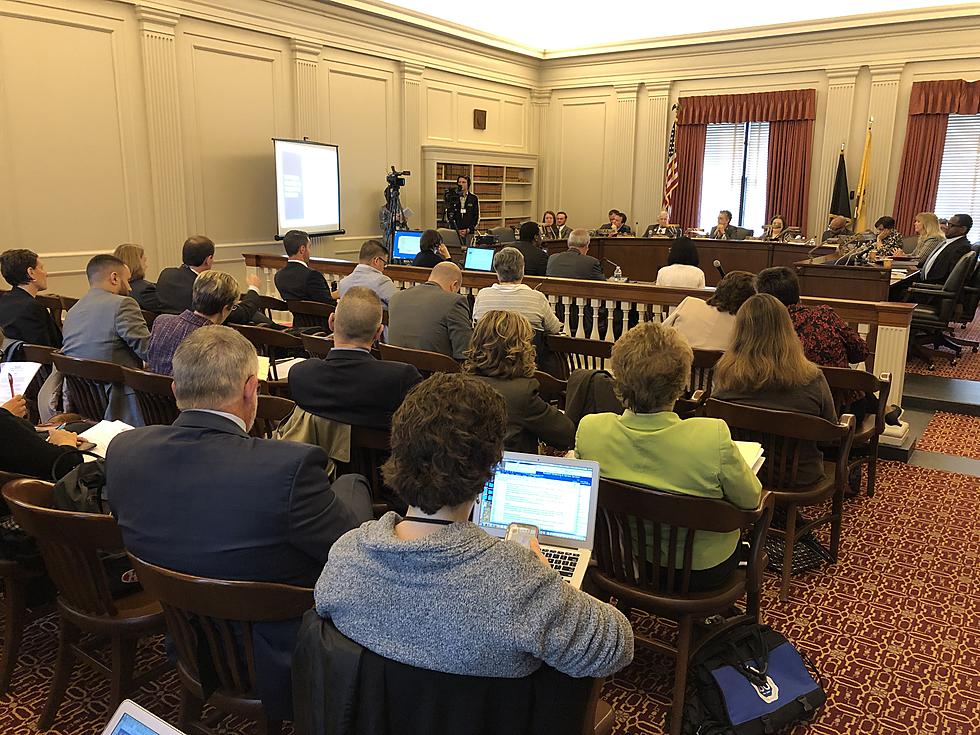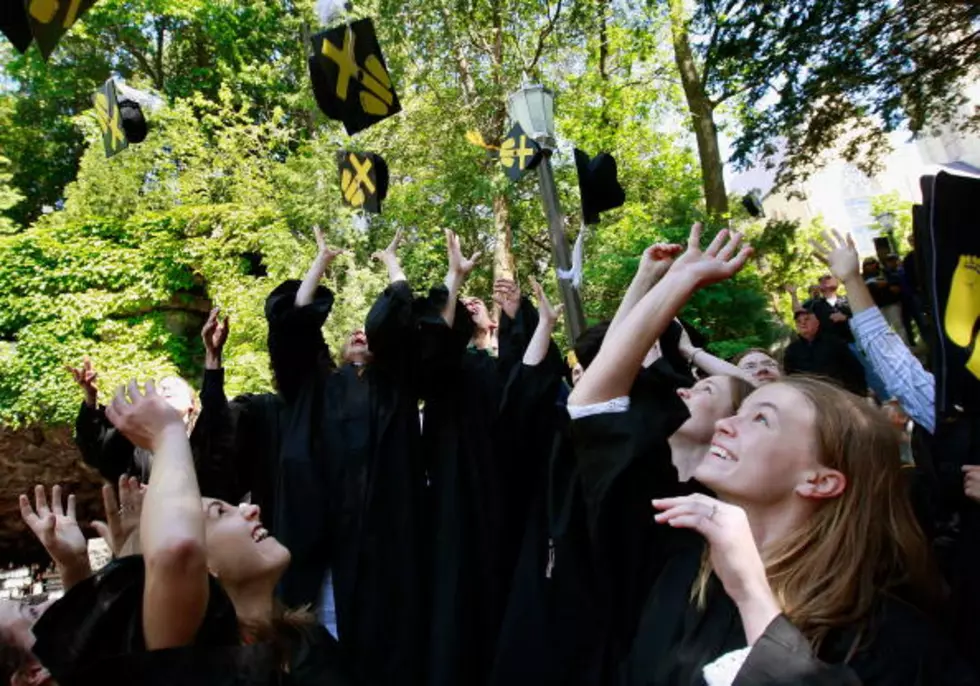
Common Core confusion is evident in new education poll
As students in New Jersey and around the nation get ready to take standardized tests like the controversial Partnership for Assessment of Readiness for College and Careers (PARCC) exams, a new national survey by Fairleigh Dickinson University's PublicMind released Thursday reveals a lot of Americans have no idea about the Common Core State Standards behind the exams.
"Forty percent of Americans say that they disapprove of the Common Core standards. Only 17 percent say they approve and 42 percent just aren't sure even though the majority, 52 percent of Americans say that they've heard just a little or nothing at all about them," said Dan Cassino, associate professor of political science at Fairleigh Dickinson University, and an analyst for the poll.
Common Core knowledge and opinions include:
- 47 percent of Americans said that they've heard 'some' or 'a lot' about the Common Core standards;
- Those who said that they've heard 'a lot' about them disapprove 58 to 36 percent;
- Those who said that they've heard 'nothing' approve of them 43 to 16 percent.
"In the absence of information about the Common Core, Americans are projecting their own beliefs about government influence on public education on to them," Cassino said.
Misconceptions about the Common Core standards include:
- 44 percent of Americans think that sexual education is included in the Common Core;
- 43 percent think that Common Core includes teaching about evolution;
- 43 percent think saying that global warming is part of the standards;
- 48 percent think that the American Revolution is covered in the Common Core.
"The Common Core only includes teaching about math and English and there's nothing else in there," Cassino noted.
The Common Core standards were put together by the states, not by the federal government. Americans have very mixed views about who should be taking the lead in making educational policy.
When given the options of the federal government, state government, local governments or school officials being in charge of education policies:
- 39 percent said that school officials should take the lead;
- 23 percent chose the states;
- 21 percent favored local governments;
- 11 percent said that the federal government should be in charge.
The poll was conducted by telephone from Dec. 8, 2014 through Dec. 15, 2015 using a randomly selected sample of 964 adults nationwide. The margin of error is +/- three percentage points.
More From New Jersey 101.5 FM









